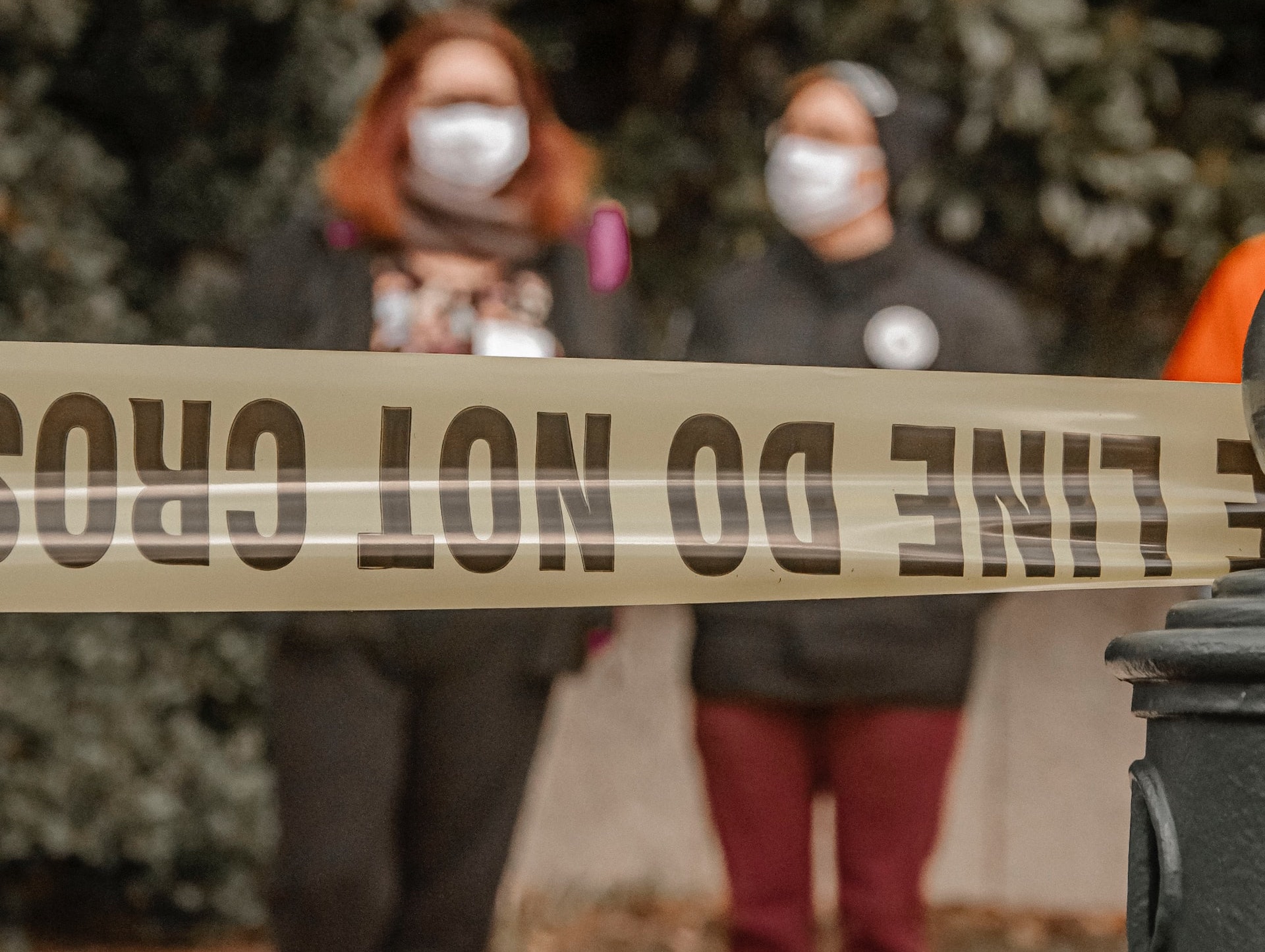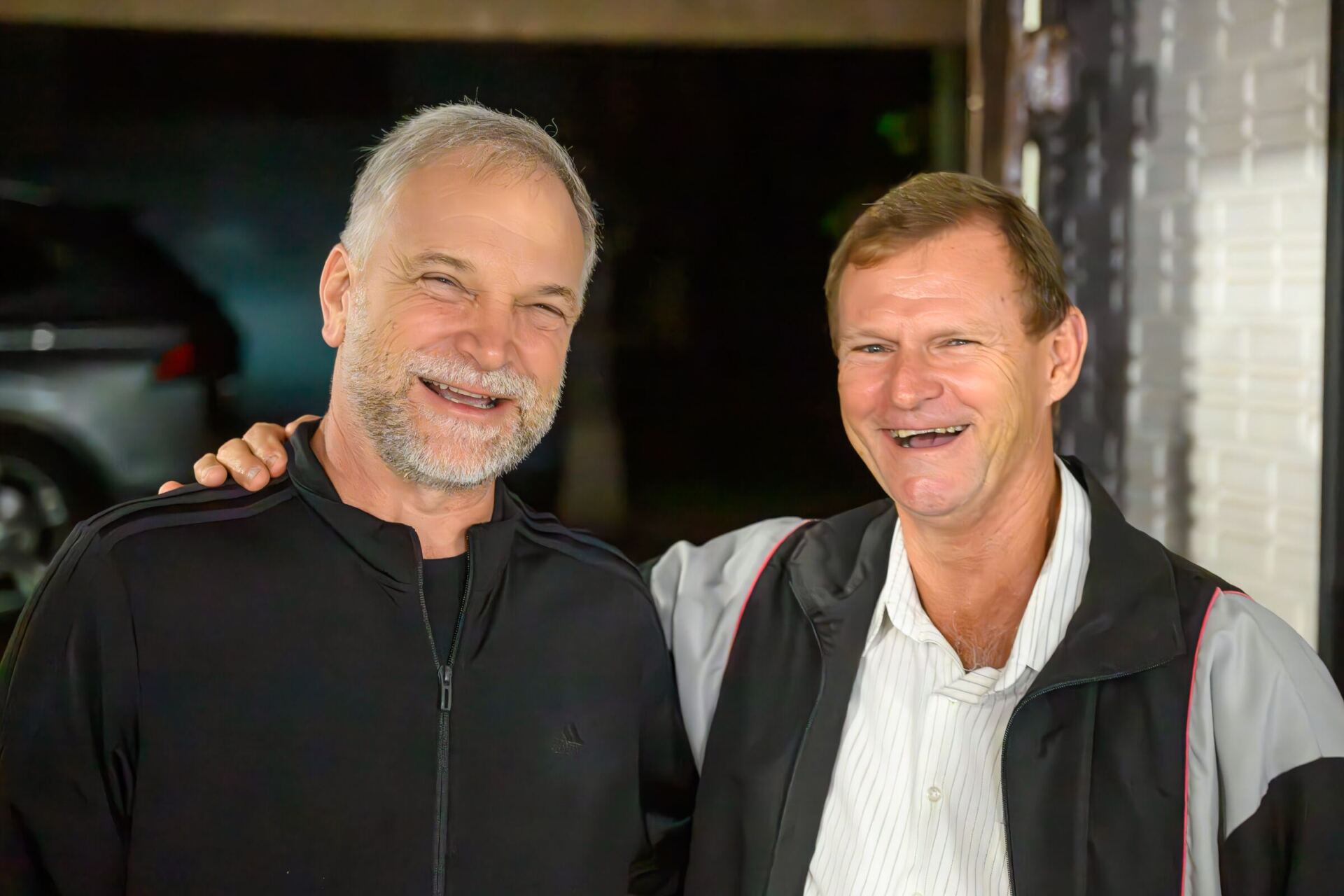When I was in college, I would frequently make the drive from Lynchburg, Va. to York, Pa. alone in my sturdy little Ford Taurus, listening to worship music and thinking deeply about life. One section of the way back home for break was paved by winding, backwoods roads.
One such meandering route would briefly put me on Virginia’s Route 3. Of the many landmarks along this busy business corridor, one stood out. I’d always pass by a shanty little psychic business that advertised palm readings and other typical new age fare. And usually, caught up as I was in ecstatic worship sing-alongs, I couldn’t help but pray imprecations against that establishment. Each time I passed it, I asked the Lord to bind the wicked forces that might be at work there and cause the business to fold.
Truth be told, I don’t know anything about that psychic—whether its proprietor is a run-of-the-mill charlatan or a full-blown demoniac. But for the apostle Paul, the occult was anything but theoretical.
In Acts 16, after the conversion of Philippi’s first Christian, Paul proceeded inland only to encounter a young girl at the center of another fortune-telling enterprise (v. 16). Annoyed by her mocking antics (v. 17), Paul rebukes her in the name of Jesus Christ and casts the demon out of her (v. 18). But the locals’ response is most striking: “But when her owners saw that their hope of gain was gone, they seized Paul and Silas and dragged them into the marketplace before the rulers…” (v. 19).
Like the fortune-telling outfit along Route 3, this psychic’s enterprise was fully monetized. Strikingly, it wasn’t Paul’s gospel preaching alone that landed him in trouble in Acts 16. It was the implications of that preaching on the local economy that put him in hot water.
Knowing this backdrop informs our reading of our text in Philippians. Paul has just expressed his deep confidence in the Philippian church’s perseverance in the faith, summarizing the doctrine of eternal security in the process. But why is Paul so confident in the Philippians’ sincerity? Here we see the key. Paul anchors his confidence in his Spirit-wrought affection towards them in their partaking with him in grace—in his imprisonment, defense, and confirmation of the gospel (Philippians 1:7).
It is true that all Christians partake of grace together as followers of Christ. But Paul means something more. “Defense” and “confirmation” are technical legal terms. Paul is calling to mind how the Philippians stood by him even when he was embroiled in public controversy because of his gospel preaching.
Here we must pause and consider the sober realities of Christian witness. Whether we like it or not, our reputations as Christians are all bound together in the eyes of the world. When prominent pastors land in hot water for upholding biblical principles, we everyday evangelicals are called to account. Imagine what would happen to you at the water cooler if your pastor ended up on the news for one allegation or another?
As mission-minded Christians, we cannot be under the illusion that our gospel preaching will be met with the culture’s accolades. Persecution often happens by proxy. When our faithful gospel preaching upsets psychic shops and other systems the world holds dear, we can expect resistance.
What if your pastor’s gospel proclamation disturbed the business model at the local abortion facility? What if his bold message of repentance interfered with the sexually perverse story hour at a local library? What if he was jailed for defying an arbitrary, unbiblical government regulation in his church service or reported for counseling a congregant’s child seeking to be freed from same-sex attraction? These comparisons are not far flung and are happening in North America as we speak.
The great question is: when we are maligned alongside faithful gospel ministers we know and love, would we stand by them as fellow “partakers of grace,” or would we, like Demas, fall away, in love with the present world (2 Timothy 2:10)?
Not everyone had Paul’s back. Some, it seems from Philippians 1:15-18, were jealous of Paul and wanted to make his situation worse. They preached the same gospel, but out of spite—not solidarity. “If only Paul was more winsome,” they likely reasoned, “the believers would have a better public witness, and the local leaders would get off our backs.”
But the Philippian church stood by Paul. They were willing to let their reputation be judged alongside Paul’s, for good or ill. They achieved such fortitude because of God’s grace (v. 7) and the affection of Christ himself (v. 8), channeled into them by Christ through Paul as a human intermediary. And we too, if we partake of grace and savor the love of Christ for us, will persevere as witnesses on mission in oftentimes hostile cultures.
Prayer:
Gracious God,
You raised up the apostle Paul as a disruptive witness under pagan rule. We repent of the times that we have failed to speak your Word boldly and challenge sinful systems in culture, instead of choosing to go with the world’s flow. Forgive us, and empower us to partake of grace alongside those who suffer and are marginalized for their witness. Grant us the grace to count the cost of following you. And strengthen us by giving us a deep, abiding sense of your deep affection for us as your children.
In Jesus’ name and for his sake, amen.
Prayer Requests:
- Pray for missionaries and indigenous Christian workers in places like East Asia, the Middle East, and North Africa where persecution is most intense. Remember them as if chained with them (Hebrews 13:3). Pray as specifically as possible for their endurance, their families’ endurance, and for their ultimate vindication.
- Pray for your pastors and elders to be sober minded about the state of the culture in which they minister. Ask the Lord to grant them more boldness so that their gospel proclamation would spill over into the public square.
- Pray for opportunities to engage in loving, disruptive witness in your context. Consider serving abroad in a directly evangelistic ministry.






